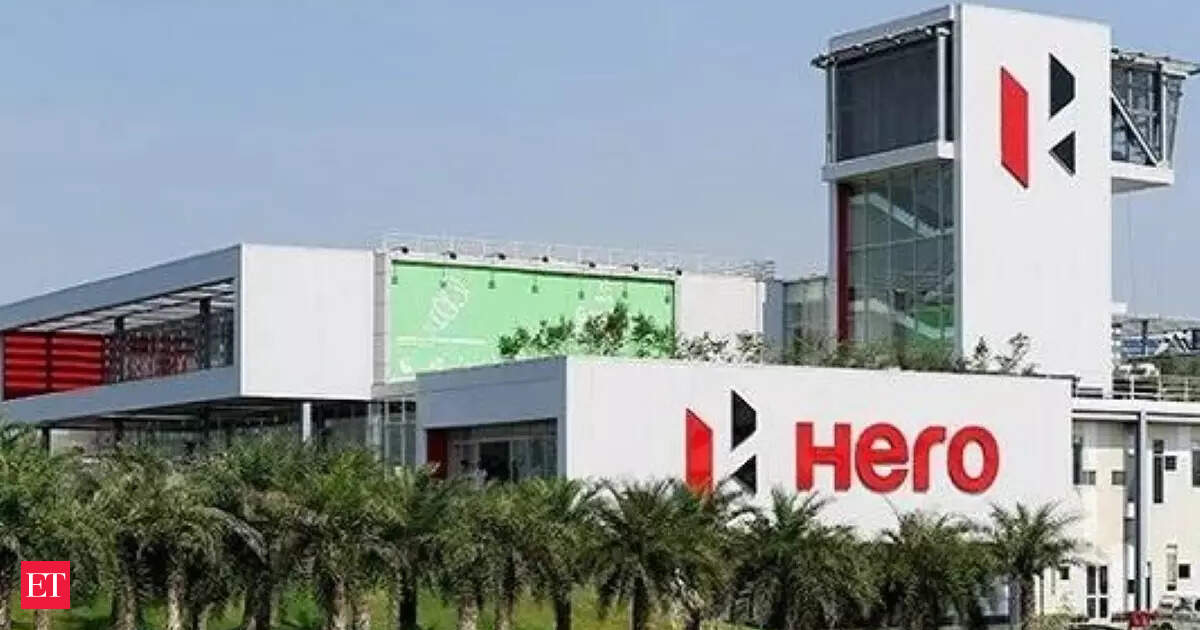An off-the-shelf vaccine has shown promise in preventing the return of pancreatic and colorectal cancer, researchers have revealed.
Cancer vaccines have been the subject of promising research in recent years. The NHS in England has been trialling various jabs in patients through the Cancer Vaccine Launch Pad (CVLP).
Such vaccines train the body’s immune system to recognise cancer cells so any that return after treatments such as surgery can be hunted down and killed, reducing the risk of the disease coming back.
Many cancer vaccines, including some of those based on mRNA technology, are personalised to the patient’s tumours.
However, a study has suggested a non-personalised, experimental vaccine that is already being made at scale could help prevent the return of pancreatic and colorectal cancer.
If borne out by further trials, experts say, the approach could be beneficial since the vaccine is likely to be cheaper and faster to access than mRNA jabs, as well as less toxic than some other therapies.
“After a long-term follow-up of this study, we were able to demonstrate that the group of patients who mounted an immune response have a greater likelihood of not having their cancer return and living longer compared to historical expectation of what that patient would do,” said Prof Zev Wainberg, an oncologist at the University of California, Los Angeles, and a co-author of the study.
The authors noted 90% of people with pancreatic cancer and 50% of those with colorectal cancer had mutations in the Kras gene. These mutations result in the production of altered Kras proteins that cause cells to divide and proliferate.
Writing in the journal Nature Medicine, Wainberg and colleagues reported how they gave a vaccine called ELI-002 2P to 20 patients who had had surgery for pancreatic cancer and five who had been operated on for colorectal cancer.
The vaccine contains peptides – long chains of amino acids, which are the building blocks of proteins. The vaccine works by training the T-cells of the body’s immune system to recognise and kill cancer cells with mutations that result in them producing the altered Kras proteins.
At a median follow-up of almost 20 months, the team found patients fell into two groups: 17 who had a strong immune response to the jab and eight who had a weaker response.
The team found the former group experienced a longer period before their cancer returned and survived longer overall. Overall, four of those 17 patients died during follow-up,…
Disclaimer
We strive to uphold the highest ethical standards in all of our reporting and coverage. We 5guruayurveda.com want to be transparent with our readers about any potential conflicts of interest that may arise in our work. It’s possible that some of the investors we feature may have connections to other businesses, including competitors or companies we write about. However, we want to assure our readers that this will not have any impact on the integrity or impartiality of our reporting. We are committed to delivering accurate, unbiased news and information to our audience, and we will continue to uphold our ethics and principles in all of our work. Thank you for your trust and support.
Website Upgradation is going on. For any glitch kindly connect at 5guruayurveda.com



